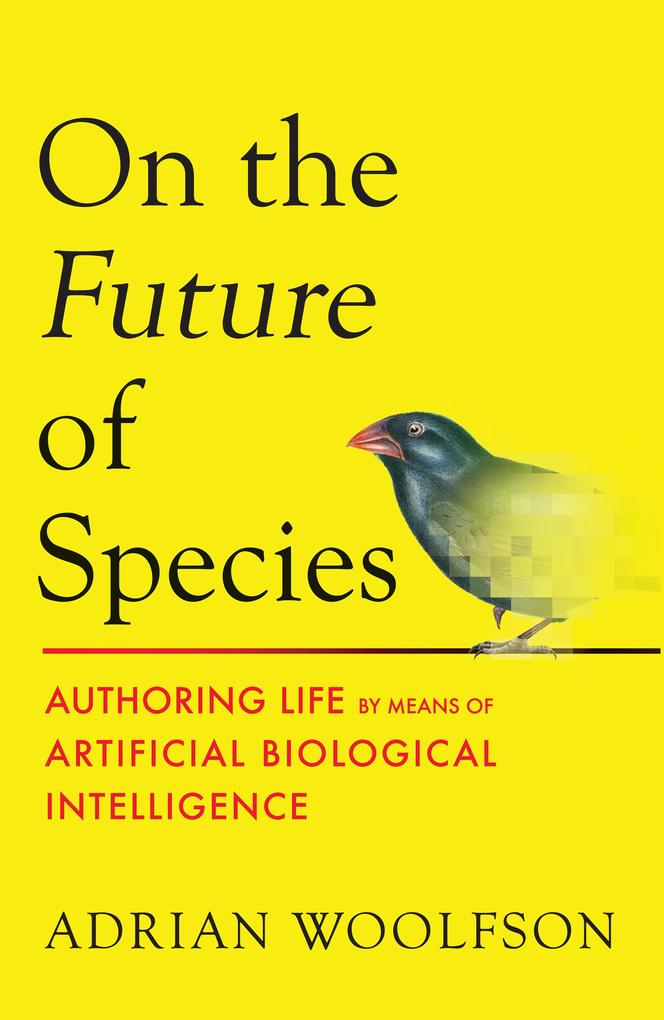A bold and visionary account of how genome writing can help preserve the planet-but may also undermine human nature and disrupt ecosystems.
From a scientist at the forefront of synthetic genomics.
Imagine a future where we grow houses rather than build them. Where smartphones are alive, clothing has opinions and all human knowledge fits into a speck of DNA. A world where disease is a thing of the past and the human lifespan is dramatically extended.
To achieve this, says Adrian Woolfson, founder of the genome writing company Genyro, we must transform biology into a predictive, programmable engineering material. That means decoding the generative grammar of DNA: the language of life itself. We will then be able to author genomes-and, if we choose, even rewrite our own.
In On the Future of Species, Woolfson describes how we are at the cusp of a technological revolution, driven by the convergence of artificial intelligence and synthetic biology. Currently at the scribbling phase-writing the genomes of viruses, bacteria and yeast-we will eventually author the genomes of extinct and never-before-realized species. Life will become computable, detached from its past and no longer bound by Darwinian evolution.
While offering extraordinary opportunities, this power also carries great risk, and it is vital for everyone to understand what the future might hold. In this groundbreaking work, Woolfson provides a guide to this bold new world, offering a moral compass to help us do so safely, wisely and ethically.














